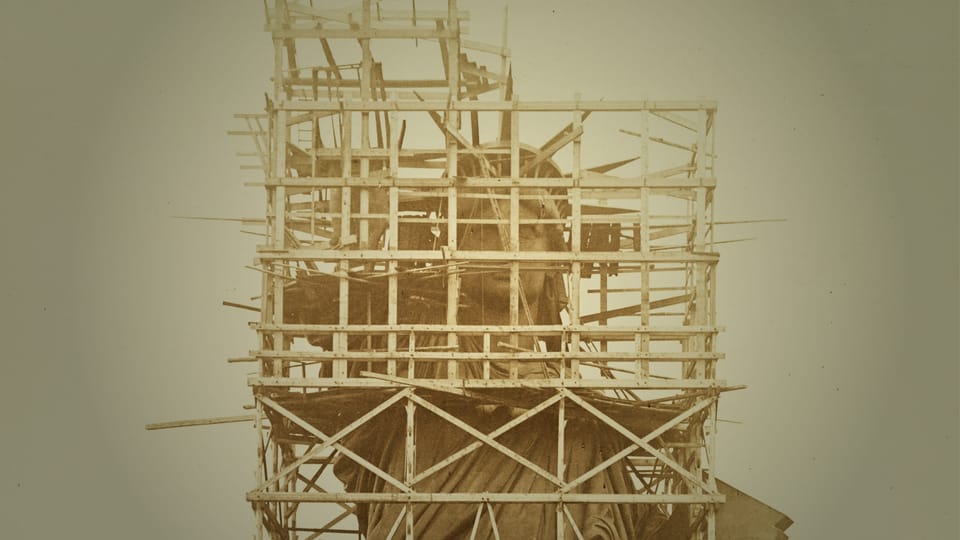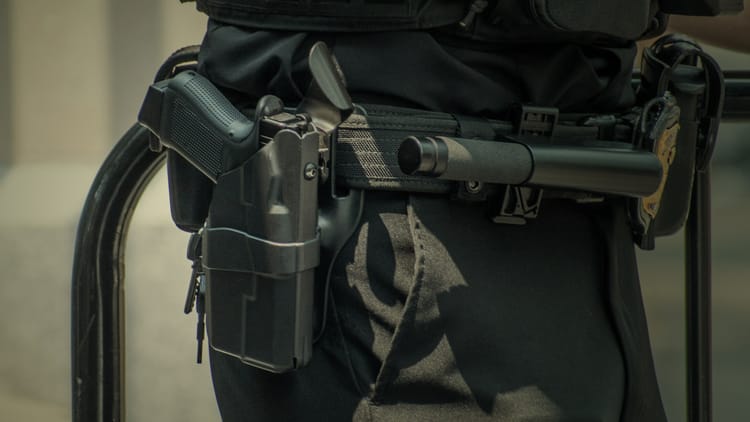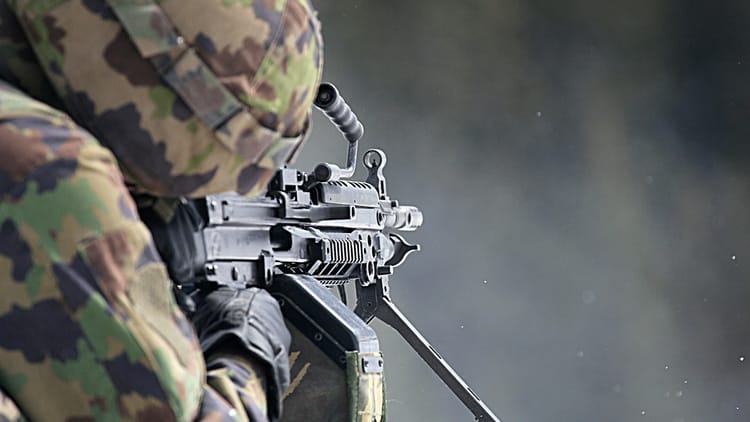‘This time, he has the cadres’

The U.S. federal government has been shut down for over two weeks. More than a million federal employees are furloughed or working without pay. Very unfortunate, but nothing out of the ordinary for a government shutdown. Yet President Donald Trump is using the situation to do something highly unusual, indeed: fire thousands of federal workers—layoffs he’s justified as targeting partisan opponents, though he hasn’t entirely specified what that means.
Meanwhile, Trump has told Attorney General Pam Bondi to investigate his political enemies. A federal grand jury indicted John Bolton last week on charges of mishandling classified documents. A former national-security adviser, he became a fierce critic after leaving the president’s first administration. Bolton is the third prominent Trump adversary to face criminal charges in recent weeks, following former FBI Director James Comey and New York Attorney General Letitia James.
Trump has also sent Immigration and Customs Enforcement to round up suspected undocumented migrants—now in many publicly documented cases, roughing up American citizens in the process. And he’s ordered the National Guard onto the streets of Los Angeles and Washington, D.C., while promising to deploy them in several more cities.
In September, the president designated Antifa—a loose-knit “anti-fascist” movement—as a terrorist organization, ordering federal agencies to "investigate, disrupt, and dismantle" it and anyone who supports it. He’s cutting off federal funding to universities for what appear to be political reasons—nine major schools got invitations to sign loyalty pledges in exchange for continued access to funds; most declined.
On October 14, a federal district court in Massachusetts rebuked the Trump administration for its “full-throated assault” on free speech in targeting pro-Palestinian demonstrators. Someone sent an anonymous note to the courthouse—apparently trying to intimidate the court: “TRUMP HAS PARDONS AND TANKS. … WHAT DO YOU HAVE?” The judge printed it on the first page of the ruling, along with the reply: “Alone I have nothing but my sense of duty. Together, We the People of the United States—you and me—have our magnificent Constitution.”
Trump seems to be moving fast. But he’s facing pushback. How far can he go?
Stephen Hanson is a professor in the Department of Government at the College of William & Mary and co-author of The Assault on the State: How the Global Attack on Modern Government Endangers Our Future. Hanson says that despite any hyperbole among Trump’s critics, he’s come to represent a real threat to the core of the American democratic state—an authentic, specific challenge as he progressively directs civil servants to put fidelity to him personally over any deference to constitutional authority.
Things are different in the president’s second term, Hanson says: Trump now has loyal cadres staffing high offices. During the campaign, he promised supporters “retribution” against political enemies. In office, he’s following through.
The question is whether the institutions undergirding the American constitutional order will hold. And already, Hanson says, they’re bending. It may still seem fantastic, but it’s a real possibility that Trump will succeed in consolidating power—a process that, as Russia under Vladimir Putin shows, can take more than a decade but that Trump is now attempting at remarkable speed …
Gustav Jönsson: What stands out to you most as differentiating Trump’s second term from his first?






